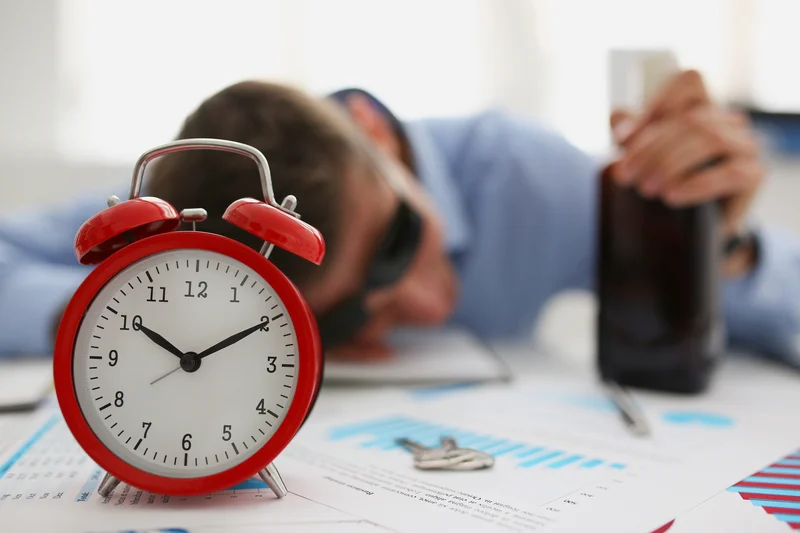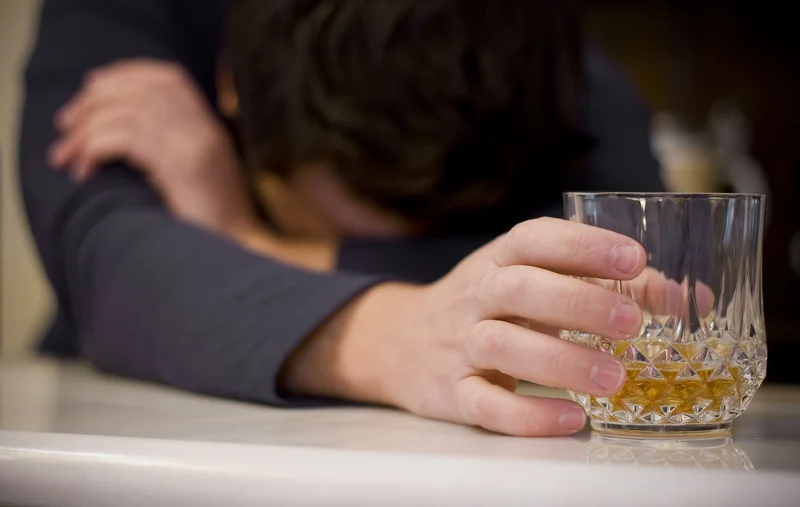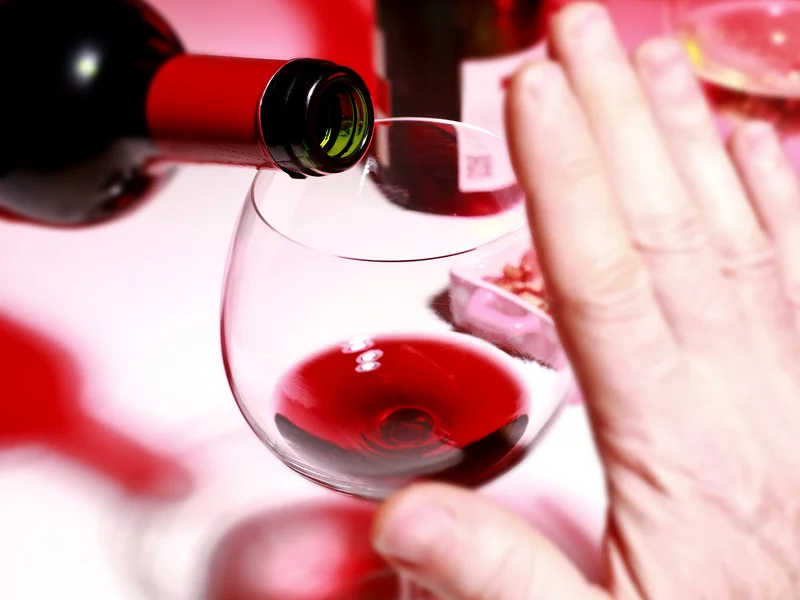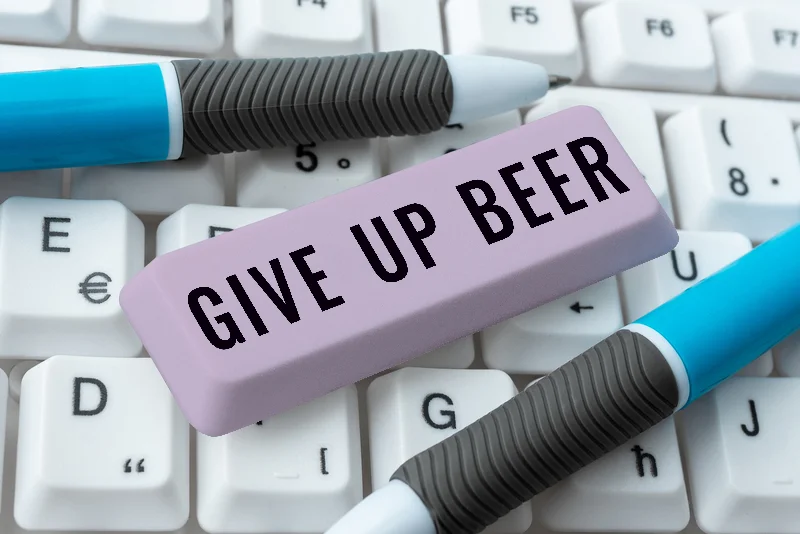
You may also find that you have abdominal pains, nausea or vomiting, shakiness or headaches. All of these symptoms, including both the psychological and physical, will intensify over the course of days, with most peaking at 3 days, or 72 hours after quitting. Many Monument members have shared that the first week of sobriety was one of the most difficult hurdles in their journey because of all the changes. After one week without alcohol, you’ve proven to yourself 1 year sober anniversary that you can do hard things. You’ve discovered that incorporating self-care into your routine is obtainable, and given your body the time to start to regain its natural balance.
- Practice this technique whenever you feel overwhelmed or tempted to drink.
- First and foremost, you need to decide for yourself that enough is enough.
- And – however they respond – their reaction has little to do with you.
- Depending on the individual and the drugs used, the first 30 days of sobriety can be extremely tough for this reason alone.
- Getting support early on will help decrease that likelihood for you.
How Long for Brain to Heal from Alcohol?
Your mental health can also be affected in the first week of sobriety. You might experience mood swings and intense emotions that alcohol was previously numbing. Engaging in alcohol therapy can help you work through these feelings with expert guidance. One of the greatest rewards of sobriety is feeling physically better and healthier. Without alcohol in your life, you’ll get better sleep, and wake up without a hangover.
Call APN Lodge for Sobriety Support Today
In addition to improved sleep patterns, embracing three weeks of sobriety can lead to a noticeable enhancement in hydration levels and nutritional intake. Without alcohol interfering with the body’s absorption processes, you may be more inclined to reach for water and nutrient-rich foods, contributing to overall well-being. Incorporating a balanced diet rich in fruits, vegetables, lean proteins, whole grains, and regular hydration can maximize the physical health benefits experienced during this period. Consider experimenting with new recipes or meal plans focusing on wholesome ingredients to Sober living house keep your dietary routine exciting and beneficial.

The Initial Detox Phase: What to Expect
It’s also helpful to avoid television, tablet, and smartphone usage within minutes of lying down since the blue light can suppress the natural melatonin releases of the brain before sleep. There are numerous positive emotional and social components of sobriety in addition to the obvious physical benefits. These have the potential to drastically improve the quality of one’s life; including the life quality of the recovering alcoholic, and even that of their family members. When someone stops drinking, they often find that they lose weight. The caloric content of many alcoholic drinks is rather large and may play a considerable effect on one’s overall weight.


You can learn from your mistakes and get back on the right path. But, as time goes on, you find yourself back to where you were before you started addiction recovery in the first place. The physical stage of relapse is what you might have always defined as a relapse. But, if you understand that relapse can occur in earlier stages before actually drinking or using, you can prevent a physical relapse. You are attending alcoholics anonymous and other 12-step meetings regularly.

After one year, you may find yourself needing to engage with fewer tools on a daily basis. For example, you may reduce the frequency of your therapy appointments, or feel the need to check in with a support group less often. It’s important to move at your own speed, and remember that as long as a treatment method is working for you, it’s reasonable to stick with it. Continuing to attend support groups and stay engaged in sobriety communities can also help you stay in touch with your ‘why’, and even inspire others along their journey.
- They may simply be nervous, taken off guard, or unsure what to say.
- You may find your scale reading a pound or two lighter than before.
- While moderate recovery may occur with abstinence, chronic and excessive drinking may trigger irreversible brain cell loss.
- You must take care of your body, providing the nutrients needed to heal your body at the cellular level.